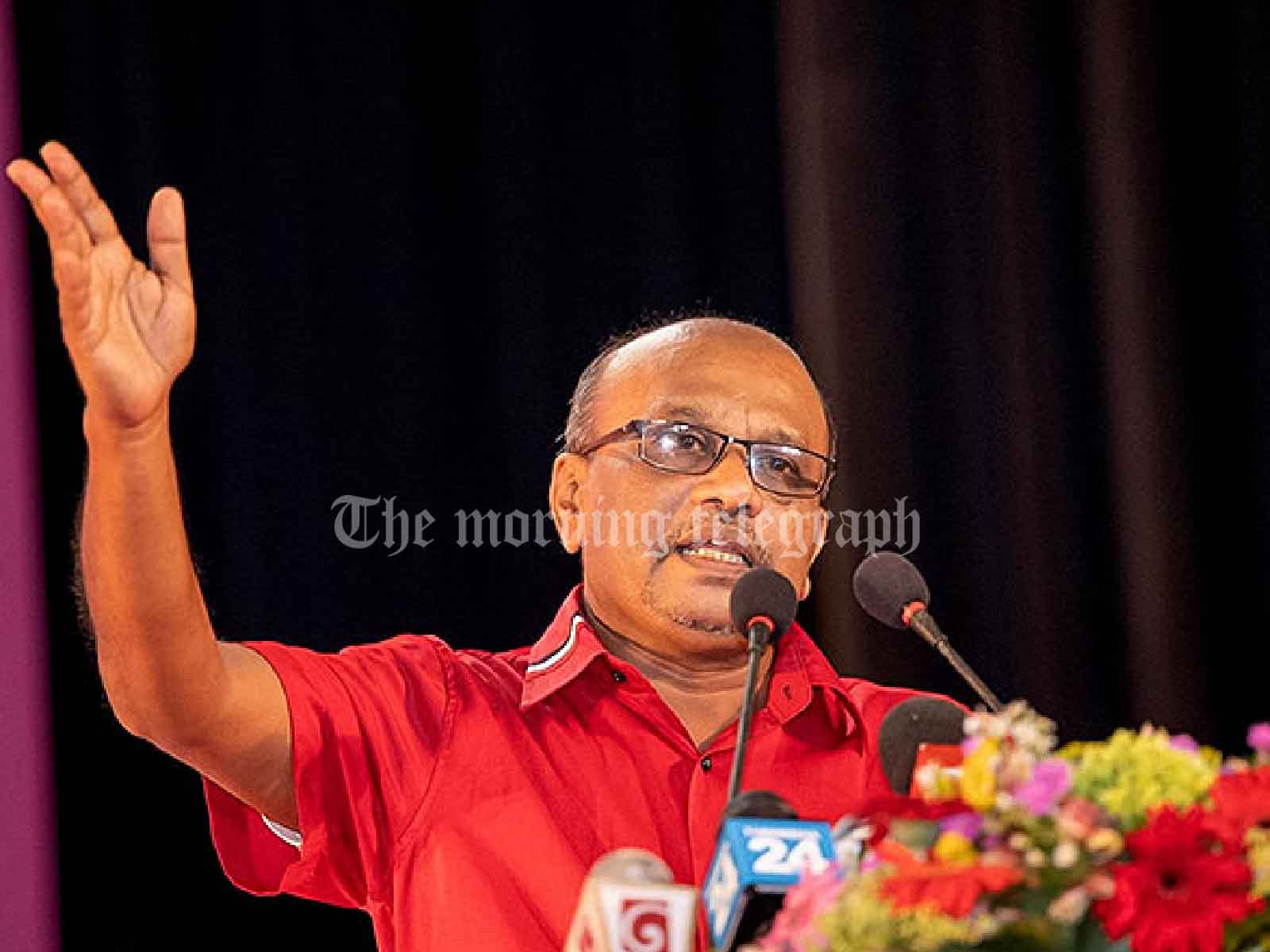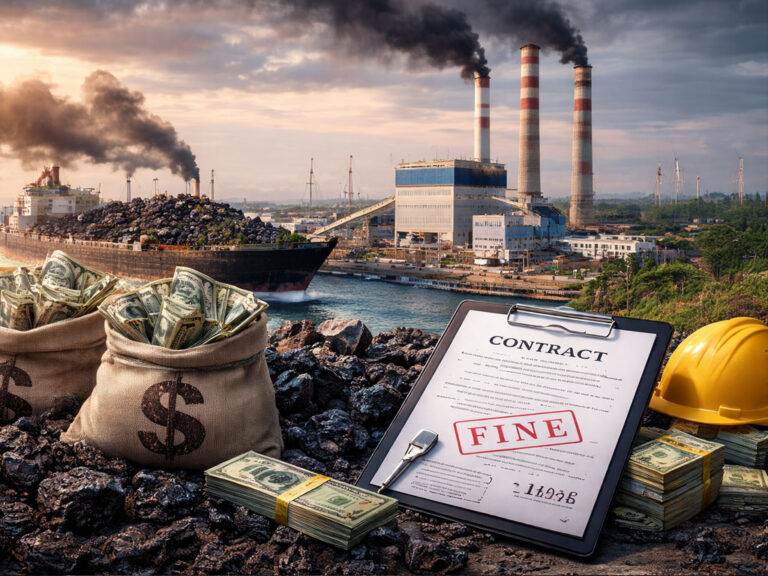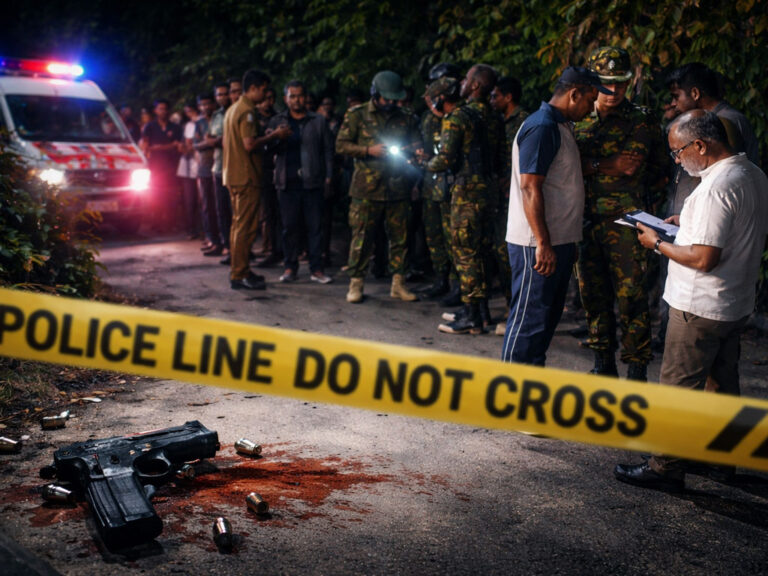
Lakshman Nipunarachchi, a candidate for the National People’s Force and former Member of Parliament, has ignited a heated debate with his recent comments regarding trade unions, which critics have labeled as a threat to union activities. The backlash stems from statements he made at a public rally, where he suggested that strikes by various sectors—including teachers, principals, and healthcare workers—are relics of the past.
During the rally, Nipunarachchi remarked, “Teachers strike for a day; the next day, the principals. Then non-academic staff. Another day, a strike by doctors, then nurses, and then assistants. A langama strike or a private bus strike comes as soon as you take to the streets.” He emphasized that such strikes should no longer be necessary, asserting that “if they have a problem against the government, they can discuss it with the government and solve it.”
His comments sparked immediate backlash, with many interpreting his words as a call to disband trade unions entirely. In response to the criticism, Nipunarachchi sought to clarify his statements, arguing that he did not intend to undermine the rights of workers. He explained, “I mean we now have a populist government. It is the government of all, including union leaders. This is a government where you can discuss and resolve any issue without resorting to strike action.”
Furthermore, he indicated that the disbanding of trade unions could become a reality as the country progresses towards development, stating, “There will be no need for trade unions as the need for strikes will end. We will set an example by disbanding the trade unions under the party.” He expressed frustration over media misinterpretations, insisting that his remarks were not a direct threat to unions but rather a reflection of his vision for a more cooperative approach between the government and workers.
The controversy surrounding Nipunarachchi’s remarks highlights the sensitive nature of labor rights and union activities in Sri Lanka, where trade unions have historically played a crucial role in advocating for workers’ rights and welfare. His statements have raised concerns among union leaders and workers about the future of organized labor in the country.




